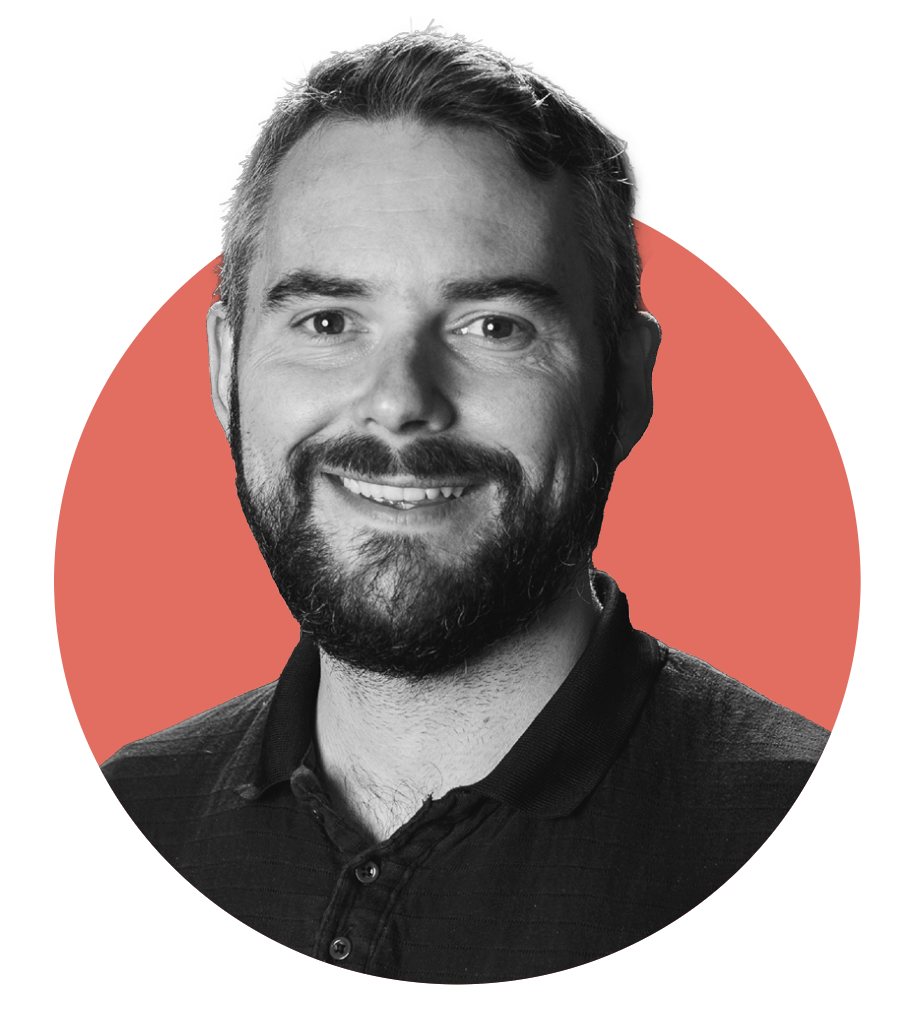
Matthew Barwick
Communications officer & video producer, UMC

This year Uppsala Reports turned 25. We produced a short film to commemorate the occasion, in which we sat down with UMC staffers Gerard Ross, Pinelopi Lundquist, and Lucie Gattepaille to get their thoughts on the magazine and its role within the global pharmacovigilance community.
Ross, who has been editor of Uppsala Reports sine 2019, discusses how the magazine, and now the Uppsala Reports news site, have become platforms for exploring the science and communication of pharmacovigilance, with a growing diversity of voices and perspectives to “make Uppsala Reports a more attractive place for pharmacovigilance experts around the world to publish their work”.

As head of UMC’s WHO Collaborating Centre, Lundquist noted the importance of Uppsala Reports to the WHO PIDM member countries as a channel “to learn from others and also to stay updated on PV developments and ideas”.
And Gattepaille, head of data science at UMC and an occasional contributor to the magazine, spoke about how Uppsala Reports offers her, as a researcher, a unique opportunity to communicate her work to those who will benefit the most.
“In scientific journals, we really focus on the results,” she said. “In Uppsala Reports, I can really focus on the impact.”
As part of the 25th anniversary campaign, we also wanted to hear from pharmacovigilance professionals within the WHO PIDM, to find out what Uppsala Reports means to them. Mónica Tarapués, lecturer in clinical pharmacology in Ecuador and UMC consultant, is a long-time reader and a contributor to the magazine. She believes strongly in the collaborative nature of pharmacovigilance and appreciates the value of a publication that can promote the sense of a pharmacovigilance community.
“The stories in Uppsala Reports come from countries that are eager to share experiences and collaborate, ultimately to build better systems,” Tarapués said.
One author who has contributed to the magazine in that spirit is Mulugeta Russom, head of the Eritrean Pharmacovigilance Centre. In 2020, Russom contributed an article about his country’s success in the development of its pharmacovigilance system, leading up to the identification of their first signal.
“A good solution that worked for us might help others, too,” Russom said. “That’s why we decided to share our story in Uppsala Reports.”
Enjoy the film and keep an eye on our social media channels for more content related to the 25th anniversary of Uppsala Reports.
Oman’s VigiMobile launch is more than a technical upgrade. It signals a strong commitment to patient safety and public participation in pharmacovigilance.
17 September 2025
How can we make healthcare safer for children? ISoP’s Angela Caro-Rojas shares insights ahead of World Patient Safety Day.
04 September 2025
Prof. Singhal passed away on 19 April 2025. He is survived by his wife, children, and a large community of pharmacology researchers who had the privilege of training under him.
02 July 2025